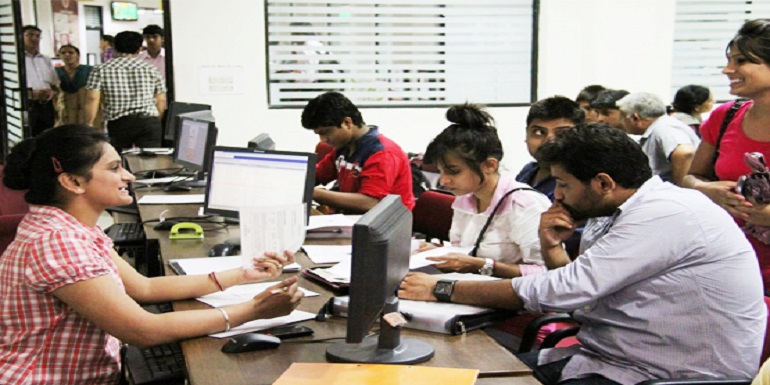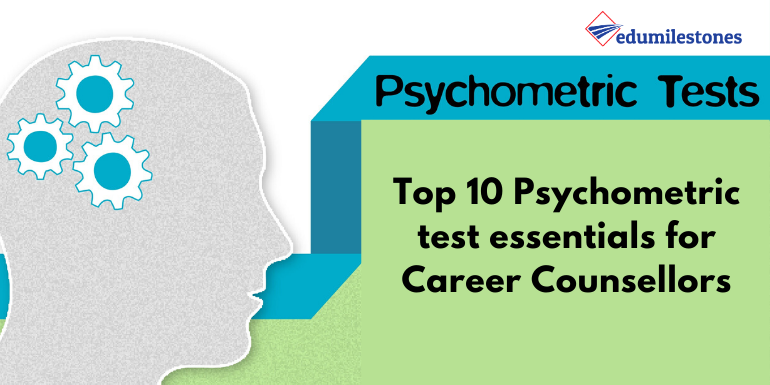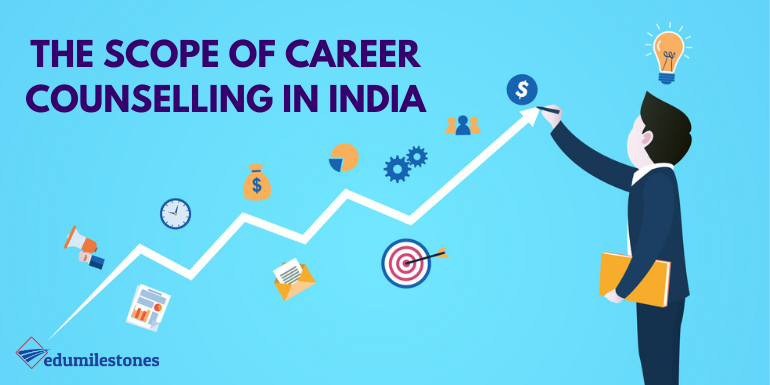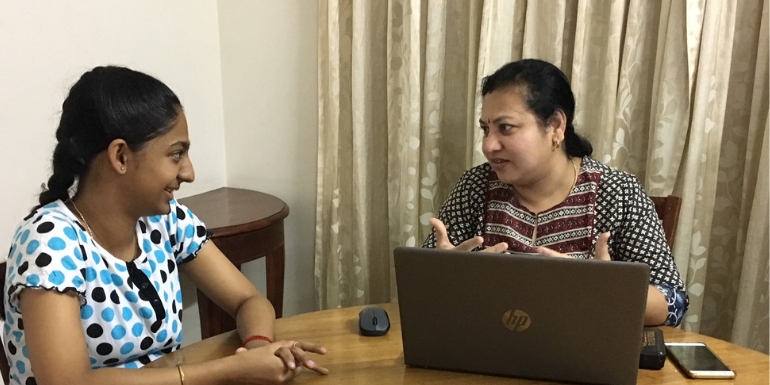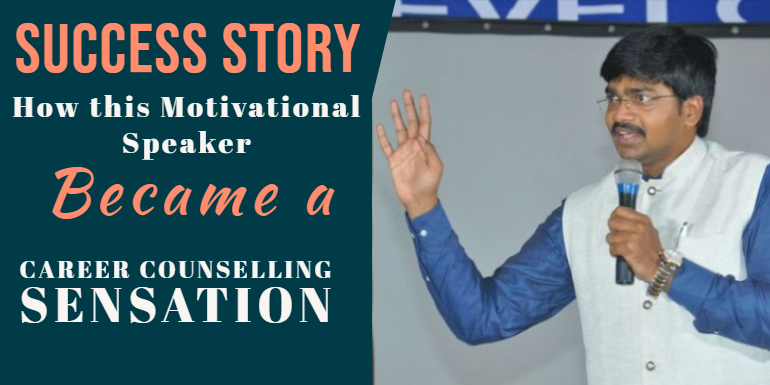Knowing how to guide a candidate will make you a career counsellor.
But what are the things that can make you stand out from every other counsellor there is?
It is the career counselling techniques.
Implementing the right techniques in the right way is crucial when it comes to taking your counselling one step ahead.
Below we have compiled a list of the top 10 career counselling techniques for you to be ranked among the best counsellors.
1. Pre-Counselling
Pre-counselling is conducive to get a basic understanding of your candidate. It helps in getting a clear idea of the concerns of the candidate. For instance, consider an example when a doctor is approached by a patient. Instead of straightaway beginning treatment, he talks with the patient as to what ails him.
Similarly, a face-to-face talk with your candidate will help you in identifying the gap between their current state and the desired goal. This will assist in making an informed decision about the further course of counselling based on the person problem statement and the expected outcome.
A counselling session works best when you have a clear picture of the candidates needs.
2. Rapport Building
For communication to flow freely and clearly during counselling, it is essential to remove any potential blockages. You establish a rapport when you show empathy, create mutual trust and affinity with that person. The better the understanding, the more comfortable and effective the counselling will be for both the counsellor and the candidate. Creating a bond with them will establish trust and help them to open up to you. This will make the task of guiding them much easier. Establishing a strong healthy alliance can be invaluable in influencing candidates. They will trust you to give the right options for them and you can trust them to listen to your advice. By building a good rapport with your prospects, they are much more likely to recommend you as a counsellor to others and support your ideas. This will also immensely help you establish many interpersonal relationships which can open many doors in the future.
3. Career Assessment
This is a tool designed to analyze the various skills, talents, and aptitudes of your candidate. It is a way of learning about how variation in personal attributes can impact success and satisfaction with different career options. Different types of assessments focus on specific areas including interests, emotional quotient, aptitude, personality traits, and knowledge. The career assessment is done based on the analysis of these areas. It is recommended to follow a multidimensional assessment that provides a comprehensive and accurate analysis. As opposed to one-dimensional, the multidimensional assessment takes into account multiple sources to obtain information. For example, the most commonly used form of assessment includes a psychometric assessment.
The right forms of career assessment will help you in guiding your candidate to the perfect career fit.
4. 360° Profile Analysis
Getting into a career you are skilled in but dislike provides little to no benefit in the long-term. To resolve this it is essential to find a career in line with life purposes and values. And to achieve this, career counsellors must take a holistic approach in providing the right guidance. It means regarding each candidate as a whole instead of just a few specific areas. This approach focuses on the candidates thoughts, culture, beliefs, and frame of mind together with his or her skills, personality, and knowledge among other assessment factors. Combining these details along with the inputs from the pre-counselling, assessments, and discussion with the decision-makers will help in setting up suitable career goals.
Best career counsellors dont just find the list of suitable career options. But they help their students and prospects in discovering previously unrealized passions and interests.
5. Setting Career Goals
The whole point of career counselling in itself is to set the optimal career goal. Setting specific goals is imperative to achieving them. By setting career goals, you are determining a roadmap for the career to move forward and devising strategies on how to reach there. Breaking the goal-setting into short-term, mid-term and long-term can aid in creating a well laid out ultimate plan.
Here are a few tips to consider when setting career goals for your candidate;
- be specific and clear
- it must be measurable
- be realistic and achievable
- tie actions to each step
- be adaptable
- relevant to life-purpose
- be positive
It is essential to include alternatives to be implemented if the need arises because sometimes even the most well-thought plans do not work out as planned.
6. Develop an Action Plan
An action plan can be considered a tool to allow counsellors to develop a course of action for the candidate. This involves creating a well-defined checklist consisting of actions and steps to aid them in meeting the laid-out goals and objectives. It will include the entire steps necessary to implement the short-term, mid-term, and long-term goals. For example, helping a student who has finished high with their next action step will include providing and setting up with the appropriate courses and colleges.
You also need to motivate your prospect into working at accomplishing the goal.
7. Using Technology Platforms
Living in a digitalized world it is extremely exhausting to recall being efficient without various digital technology at our disposal.
Can you imagine a scenario with no use of any technology where all the assessments and analyses have to be manually done? What if the counselling is to be done for a multitude of candidates dispersed over an entire country? Close to impossible let alone inconceivable. These instances as such indicate the significance of technology and its platform in the aid of career counselling. Without technology platforms, the process of counselling in its entirety becomes tedious and delayed. The technology interface offers end-to-end solutions, from psychometric tests to highlighting course options to educational guidance to delivering assessments and analysis reports. This helps counsellors to pick the reports at ease and work on them.
8. Understanding the job market
An efficient career counsellor should consistently be aware of how various factors affect and shape job opportunities and different careers.
A job market can grow or shrink depending on the demand and supply for labor. Understanding these variations will help in providing the right guidance and career options to the students based on an informed decision. For example, it will not be beneficial to suggest a career option that may be undergoing depreciation even if the candidate has the right skills for that job. Moreover, a counsellor should comprehend a candidates skill and attitude towards ever-evolving work environments.
9. Updated Knowledge of Career Options
In this fast-paced world, we can find a constant increase and rapidly evolving career possibilities. An extensive range of professions and career opportunities are springing up all around. Many of the students and their parents are unaware of the diverse career options available and usually end up choosing any conventional career path. Having the right information about upcoming and growing careers will help a counsellor to provide apt options to the candidate. Your resources need to be constantly updated to expand your practice. In doing so, you can be ready for different kinds of clients with varying needs and issues.
10. Post Counselling Support
The best career counsellors are dedicated to conducting a thorough follow-up post counselling session. They check up on the performances of their candidates at periodic levels. This will ensure that the candidate is following recommendations and working towards achieving the goals.



